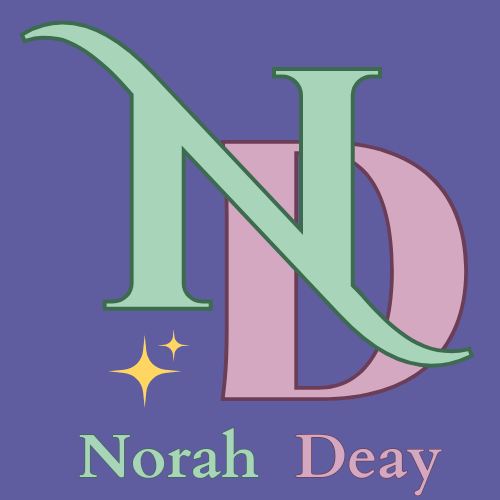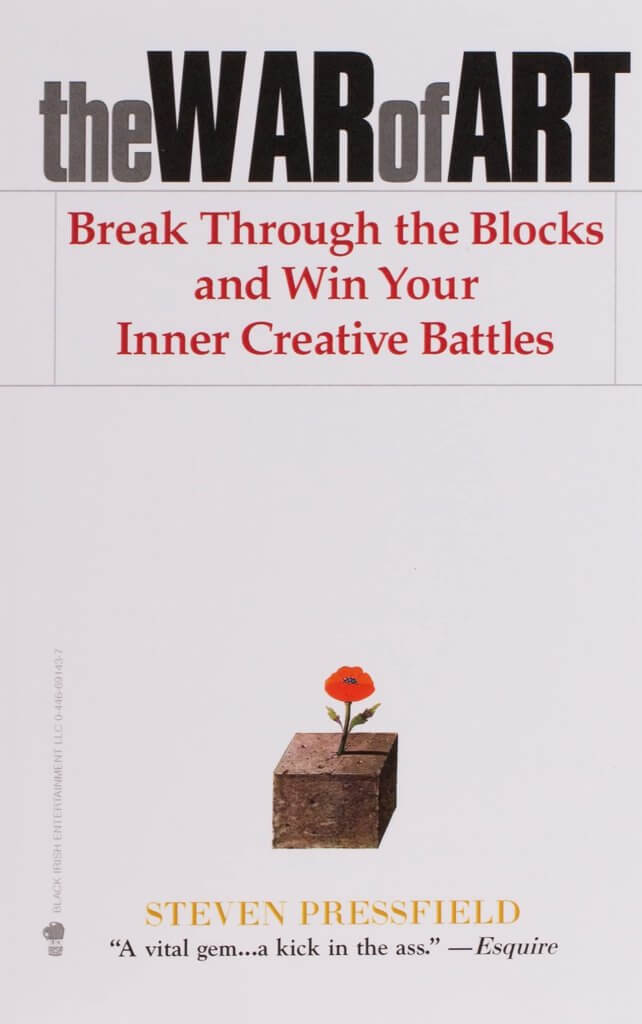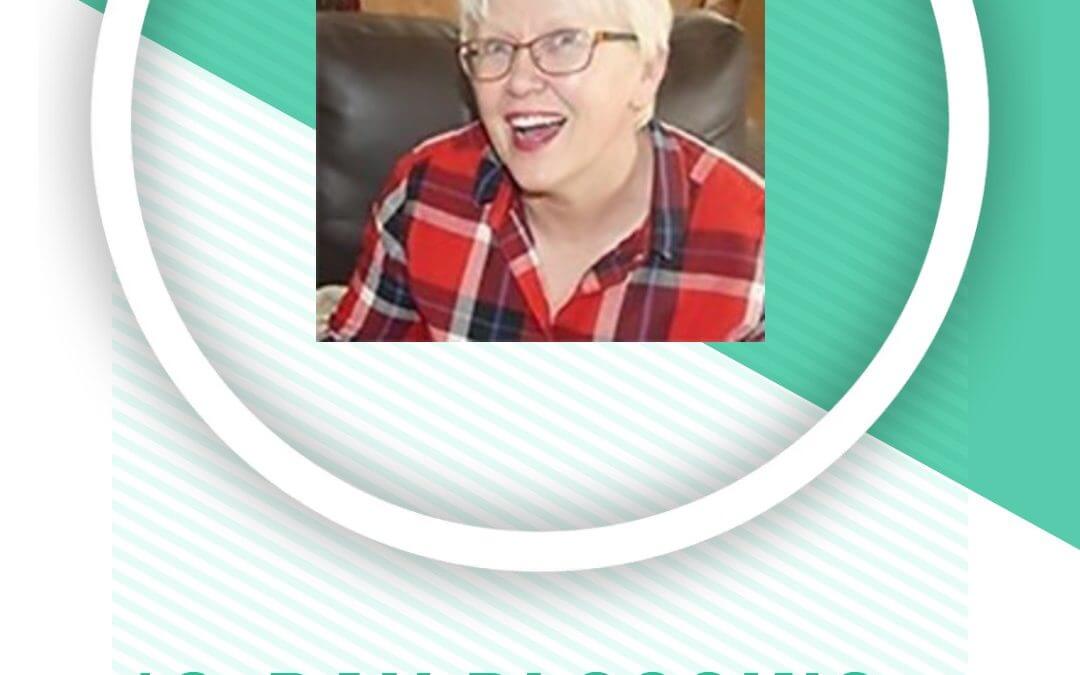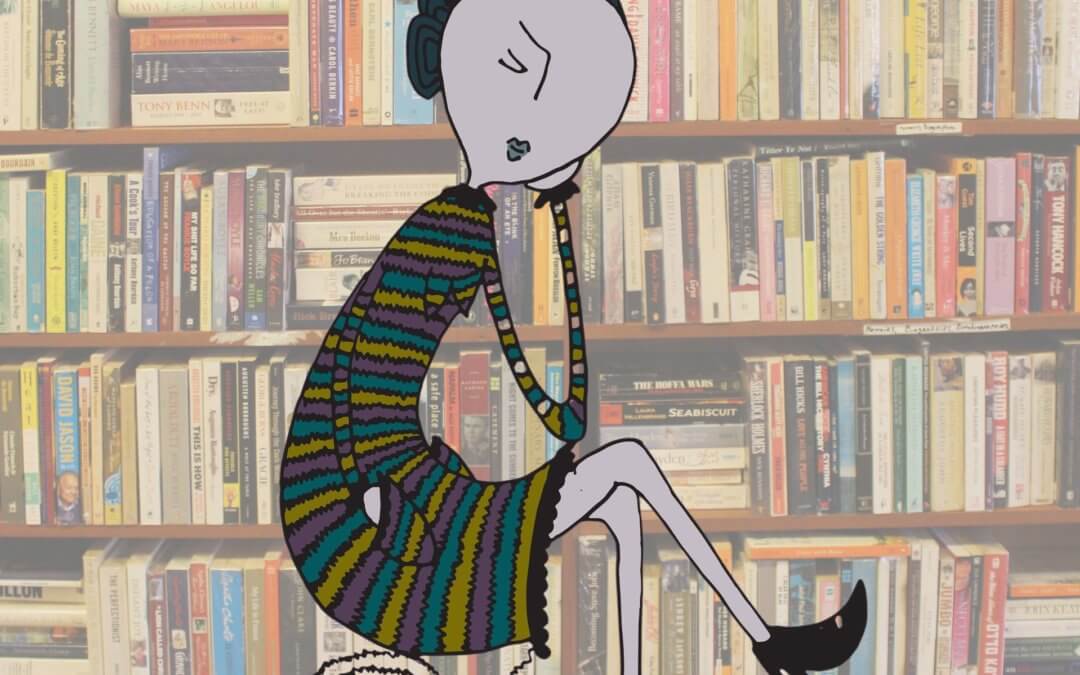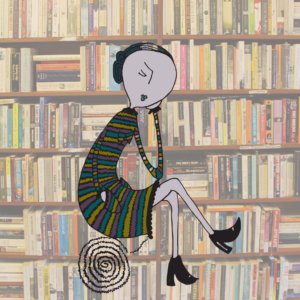
Use Human Design To Unlock Your Writing Style
Procrastination, unfinished pieces of writing, multiple ideas clamouring for space in your head—does any of this seem familiar? They’re all associated with an overactive mind and for writers they translate into lack of consistency, creative blocks, and self-doubt. Human Design offers an alternative approach, showing writers how to work with their energy rather than against it. By understanding your unique energetic blueprint, you can unlock your creative potential, embrace your writing process, and find greater ease and flow in your work.
How Human Design Supports Writers
Each one of us has a unique Human Design type, strategy, and authority that influence how we create, structure our writing life, and interact with inspiration. Rather than forcing yourself into a writing process that doesn’t suit you, Human Design helps you work with your natural rhythms.
Understanding Your Human Design Type
There are five types of Human Design type and whatever your type is, it plays a major role in shaping your writing habits and creativity.
- Manifestors: Manifestors are initiators. If you’re a Manifestor, you thrive on bursts of inspiration and independent projects. Writing sprints, short-form content, and allowing yourself freedom in your creative process will keep you engaged.
- Generators: Generators have sustainable energy when working on projects they love. If you’re a Generator, focus on writing topics that excite you. Daily writing routines and responding to external prompts will keep your energy high.
- Manifesting Generators: Multi-taskers who thrive on variety, Manifesting Generators often juggle multiple writing projects at once. Embracing your fast-moving, non-linear process and setting boundaries can help prevent burnout.
- Projectors: Projectors are natural guides who work best when recognised and invited into creative opportunities. If you’re a Projector, honour your energy fluctuations and focus on sharing your insights through writing when you feel inspired. (I’m writing this blog post now is because today is one of those days when I feel inspired).
- Reflectors: Reflectors are highly sensitive to their environment and need time to process. As a Reflector, choose writing spaces that feel right and allow yourself a full lunar cycle before making big creative decisions.
How Your Authority Shapes Your Writing Decisions
Human Design authority guides how you make decisions. This can be particularly useful for writers choosing projects or navigating creative blocks.
- Emotional Authority: You experience emotional waves before gaining clarity. Sleep on major writing decisions before committing.
- Sacral Authority: Your gut response tells you whether a project is right for you. Listen to your instincts.
- Splenic Authority: You receive quick, intuitive insights. Trust your spontaneous creative ideas.
- Ego Authority: Making decisions based on what truly excites and motivates you will lead to success.
- Self-Projected Authority: Talking through your writing decisions with a trusted friend can provide clarity.
- Lunar Authority: Reflectors need a full lunar cycle (28 days) to make the best creative choices.
Aligning Your Writing Routine with Your Design
Each Human Design type benefits from a different approach to structuring their writing time.
- Manifestors: Write in bursts when inspiration strikes. Give yourself freedom and flexibility.
- Generators: Commit to consistent writing blocks. Respond to prompts or reader engagement.
- Manifesting Generators: Work on multiple projects at once. Allow yourself to skip steps and refine later.
- Projectors: Focus on shorter, deep writing sessions. Share your insights and let invitations come to you.
- Reflectors: Write in an inspiring environment and give yourself time to process before finalising ideas.
Managing ADHD Through Human Design
For writers with ADHD, aligning with your Human Design can provide relief from creative frustration. ADHD traits, such as impulsivity and hyperfocus, can be harnessed as strengths rather than seen as obstacles.
- Time-Blocking for Focus: Use structured yet flexible writing blocks that suit your energy cycles.
- Honouring Energy Fluctuations: Some days are for writing, some for editing, and some for ideation. Allow yourself to shift focus as needed.
- Building Writing Rituals: Rituals signal to your brain that it’s time to create. Try using a specific playlist, a candle, or a favourite drink before writing.
- Trusting Your Process: Whether you write in bursts or require external accountability, embrace what works best for you rather than forcing a traditional approach.
Real-Life Applications: Writers Using Human Design
Human Design has helped many writers embrace their creative rhythms. For example:
- A Manifesting Generator writer realised her tendency to work on multiple projects was a strength, not a flaw. She now writes fiction, runs a blog, and creates courses—all aligned with her design.
- A Projector writer learned to honour her limited energy. Instead of forcing daily word counts, she writes in short, inspired sessions and produces high-quality work.
- A Generator discovered that responding to reader questions and engagement on social media sparked new ideas for books, making her writing process feel more natural and engaging.
Final Thoughts: Writing with Ease and Flow
Your Human Design isn’t about limiting yourself—it’s about embracing your natural creative process. Writing should feel aligned, joyful, and fulfilling. By understanding your energy type, decision-making process, and creative rhythm, you can unlock your best writing self and produce work that resonates deeply with you and your readers.
Want to learn more about how Human Design can transform your writing life?
Explore your own chart and experiment with these strategies to find the best approach for you and contact me at norah @ norahdeay.com (flipping bots!) if you’d like more information.
